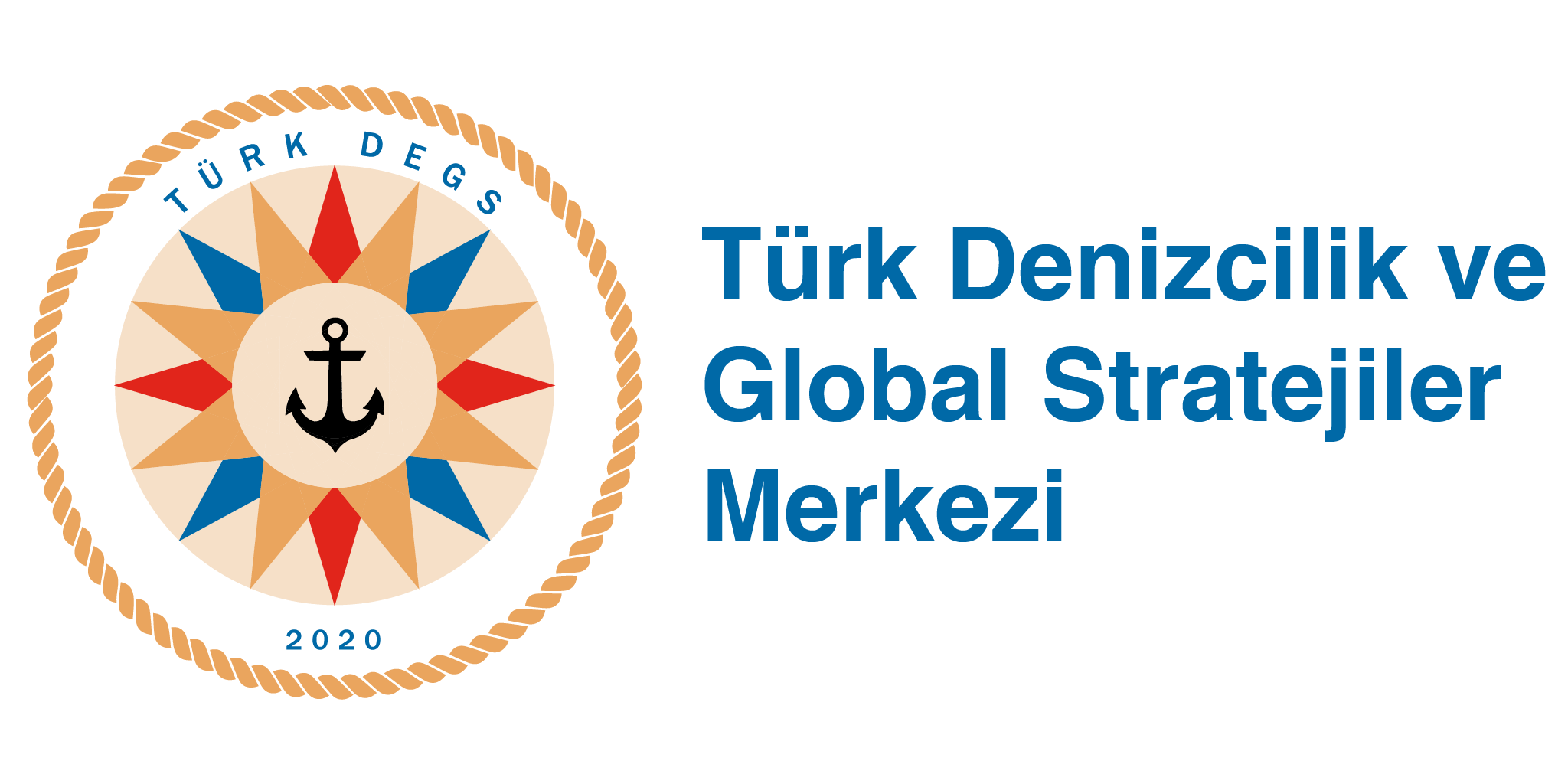Powering Peace
Incorporating energy into the Cyprus peace talks could help improve relations, foster cooperation and drive development on the islandIncorporating energy into the Cyprus peace talks could help improve relations, foster cooperation and drive development on the island
The rising tensions in Pyla/Pile offer a good example of why we cannot expect frozen conflicts to stay that way forever. Pyla/Pile is located within the buffer zone dividing the Turkish Cypriot north and the Greek Cypriot south. In August 2023, Turkish Cypriot security forces clashed with UN peacekeepers over a disputed road construction in the last settlement in Cyprus inhabited by both its original Greek Cypriot and Turkish Cypriot inhabitants. Fortunately, the conflicting parties reached an understanding on the issue in October.
Nevertheless, the incident clearly underscored the fragility of the status quo in Cyprus, officially labelled as a ‘cease-fire’, and the need for a lasting resolution to the ‘Cyprus issue’ through an ongoing process of peace-building and genuine reconciliation.
Highlighting shared opportunities
In 2024, there might be some international attempts to rejuvenate the formal negotiation process in Cyprus, following over six years without official talks since the collapse of the international Cyprus conference in Crans-Montana. Should this really happen, the aim must be to finally resolve the conflict, learning from what is currently happening in the neighbourhood and how deadly the Israel-Hamas war has turned out to be.
Energy should be part of these peace talks, as it holds great potential to contribute to the peace-making process. While energy was seen as a divisive issue of sovereignty in the past, energy cooperation, including gas and renewables, could facilitate envisioning a shared future with mutual benefits and opportunities.
The Republic of Cyprus has already been actively engaged in energy diplomacy with neighbouring countries, particularly Greece, Israel and Egypt. This has involved building partnerships and alliances such as the EastMed Gas Forum (EMGF) and establishing agreements to connect the island with these nations and benefit from their energy resources, overlooking the historical conflict with the Turkish Cypriots on the other side of the island.
Learning from past examples
The maritime border deal between Israel and Lebanon serves as a potential inspiration for future cooperation. Cypriot leaders from both sides have something to learn from it, being a prime example of how two countries in conflict, without formal recognition of each other, were able to reach a consensus on maritime borders and natural gas resources through creative conflict resolution mechanisms. Six factors enabled the US-mediated Israel-Lebanon negotiations to succeed in October 2022 that could also be relevant to the Cyprus conflict:
First, both Israel and Lebanon decided to focus solely on solving a single issue rather than the entire conflict. This approach provided a clear agenda without requiring any changes in political positions or mutual recognition.
Second, the mediation process was clear. The US was the mediating party. Initially, its mediation was primarily technical in nature, but as the process advanced, it also took on a more political role. The mediator Amos Hochstein was a confidant of President Joe Biden, giving him some leverage in the process.
Furthermore, both Israel and Lebanon demonstrated a willingness to engage in the negotiation process, each for different reasons and incentives. This shared commitment – coupled with effective mediation – helped a negotiation process that had repeatedly failed for over a decade to finally succeed.
Next, the mediator focused on identifying the central needs of each party. For Israel, this was security; for Lebanon economy. Once it was understood that these needs did not contradict each other, a deal that met all needs could be reached.
Fifth, the solution was a political rather than a strictly legal one. While the negotiations initially drew from international law (the United Nations Convention on the Law of the Sea, UNCLOS), the final outcome was based on political understandings. Despite disagreements by both parties on the starting point of the maritime border and the interpretation of the related legal clauses, they preferred to focus on what was actually achievable.
And, lastly, potential spoilers refrained from interference. Despite Iran’s influence in Lebanon, particularly through Hezbollah, it chose not to jeopardise the negotiation process. Internally, Hezbollah faced pressure due to the country’s dire economic conditions, with its leadership facing accusations related to the economic collapse. Therefore, Hezbollah and its allies viewed the oil and gas sector as a potential saviour and actively promoted this idea in their speeches. Iran supported this perspective and also aimed to secure benefits in its negotiations with the US over the nuclear deal and the lifting of sanctions. Its tacit agreement to the deal was crucial to the success of the negoütiations.
Peace potential
As the Israel-Lebanon deal shows, where there is a will, there is a way, and engagement without recognition can yield tangible benefits. Similar progress can also be achieved in Cyprus. And there is already a successful local example to learn from: in 2011, following the Mari power plant explosion, the Greek Cypriot side bought electricity from the Turkish Cypriot side, and the electricity grids were interconnected. In this case, the key to successful engagement was the role of the Chambers of Commerce, officially leading the process (rather than the government) and having the ability to address the real needs of the people.
It is high time to recognise the potential role that energy issues can play in improving relations on the island. Discussions should be held on delineating the maritime border between Turkey and Cyprus and on preparing the island to develop renewable energies, such as solar energy, utilising the buffer zone. Both communities can establish a de facto joint institution dedicated to renewable energies and adopt EU- and UN-related benchmarks on energy. They can decide to divide labour, with one community focusing on renewable projects and the other on natural gas initiatives, while fostering an interconnected energy network between both systems.
In addition, both communities should agree to provide excess energy produced to Turkey and Greece. Presently, Turkey is a big consumer, and it would be financially beneficial for the Turkish government to buy energy from the Cypriots. Greece, on the other hand, would benefit from linking the Cypriot energy systems to its own systems, aligning with existing plans for setting up interconnectors between Egypt, Israel, Cyprus and Greece. Such an energy deal would connect nearly all Eastern Mediterranean countries together through the inclusion of Turkey, which is something that the East Mediterranean Gas Forum has thus far failed to achieve.
Cypriots should be open to creative conflict resolution approaches and acknowledge the potential that lies in energy resources to foster cooperation and peaceful relations. The US and the EU can play an important role in advancing such initiatives and securing funds for renewable energy projects. International energy companies already based in Cyprus should also support this approach, as they can drive the development of natural gas-related projects and are likely to have an interest in projects related to renewable energy.
Increased cooperation between the island’s two communities through joint committees, institutions or civil society initiatives can improve the general atmosphere, creating new opportunities, making everyday life better and putting bottom-up pressure on leaders to make progress towards a comprehensive solution to the Cyprus conflict. Energy, even prior to the launch of another round of official negotiations, has the potential to significantly contribute to this.



